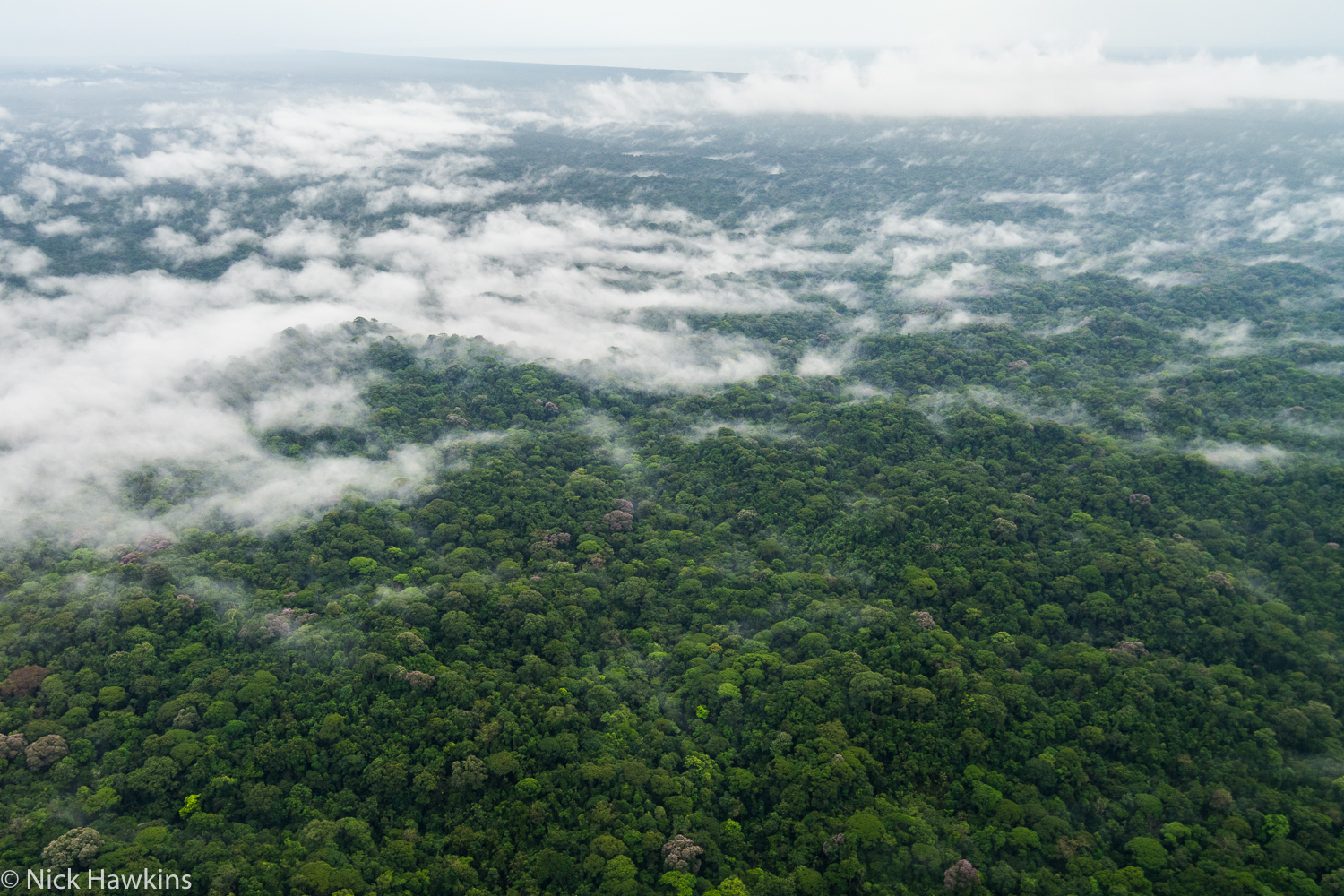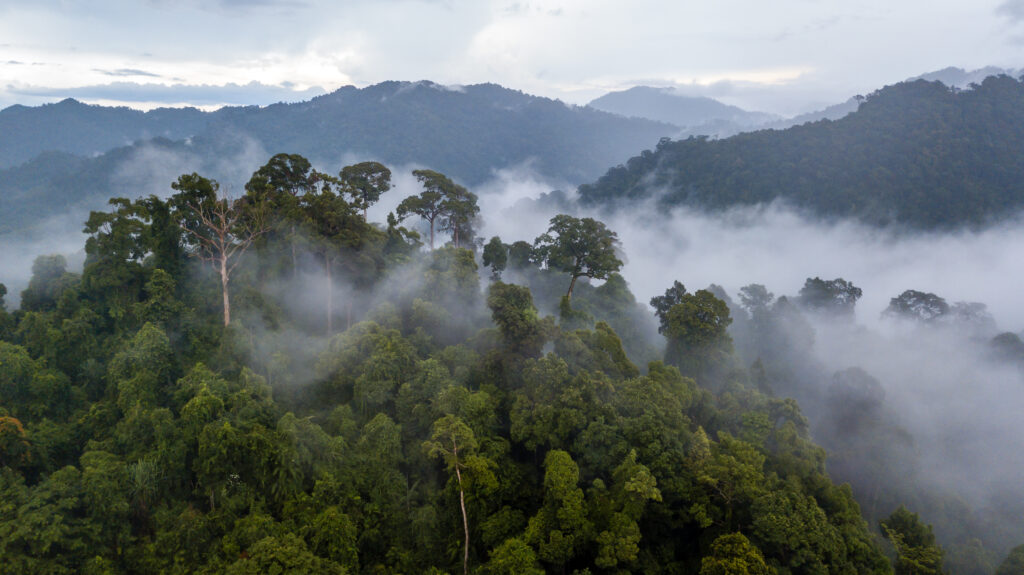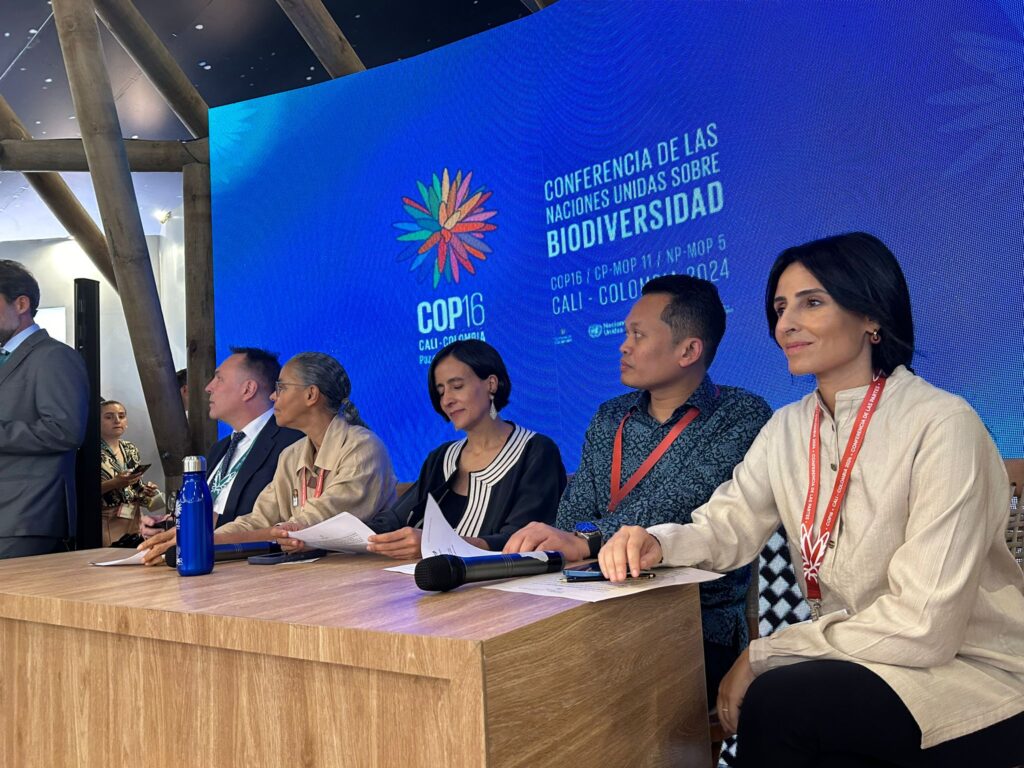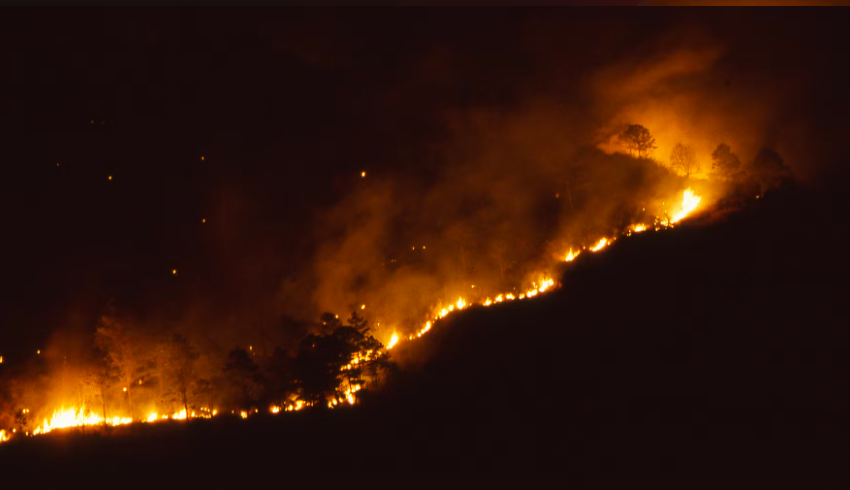
Indigenous Peoples of Nicaragua fight for their rights and forests under immense pressure
Nicaragua is home to two significant Biosphere Reserves: Río San Juan in the south and Bosawás in the north, the second-largest tropical rainforest in the Western Hemisphere after the Amazon. These forests are a vital biological hotspot, known for their extraordinary biodiversity, hosting a wide variety of wildlife and plant species.
Numerous threats face Nicaragua’s forests
The forests of Nicaragua face threats that often stem from non-compliance with national environmental laws and international agreements. Nicaragua’s economic model continues to prioritise beef production for domestic and international markets, with cattle farming having a direct impact on forests and Indigenous territories.
Civic space in Nicaragua remains severely restricted, with limitations on freedom of expression and assembly. Indigenous Peoples and civil society organisations, who are on the frontlines of forest protection, face growing challenges. In recent years, civil society groups, Indigenous communities, and other critical stakeholders have been deeply affected by restrictive government measures, particularly when addressing issues such as natural resource management. Many civil society organisations, universities, and institutions have been shut down under the current regime.
Following the Sandinista revolution in 1979 and the civil war of the 1980s, Nicaragua’s political landscape became defined by competition between the Sandinistas and various liberal parties. Daniel Ortega’s Sandinista government, in power since 2007, has pursued a path of centralisation and reduced public transparency. This shift has hindered collaboration with public authorities and led to worsening conditions for Indigenous Peoples and civil society. Many have been forced into exile, while the forests have suffered from escalating deforestation, making Nicaragua one of the countries with the highest rates of forest loss globally.
Forests of the World in Nicaragua
Forests of the World worked in Nicaragua from 1997, supporting Indigenous Peoples and civil society in protecting forest territories and advocating for collective and individual rights. Our activities included forest monitoring, conservation, environmental education, and promoting sustainable forest management, agroforestry, eco-friendly entrepreneurship, and sustainable tourism. These initiatives aimed to strengthen the capacity of local communities and ensure the long-term protection of the region’s forests.


